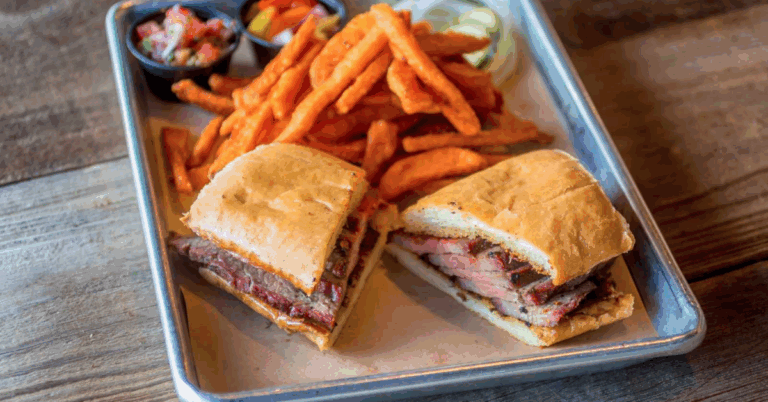
Local restaurants are a vital part of any community, offering unique flavors, job opportunities, and spaces to connect. But recently, many local eateries in Denver have started closing their doors. This troubling trend is causing concern not only among food lovers but also among small business owners who rely on a steady income to survive.
One reason restaurant owners often mention is Denver’s rising minimum wage. While raising wages can help workers earn a fair living, it also increases the costs for restaurant owners. This has led to some tough decisions, including shutting down businesses that can no longer keep up. Let’s explore why this happens and what it means for Denver’s local food scene.
Understanding Dubai’s Minimum Wage Increase
Denver has gradually increased its minimum wage from $11 in 2017 to $17.29 in 2023. This is one of the highest in the United States. The goal is to help workers support themselves without needing multiple jobs. While better pay is good for employees, it raises labor costs for restaurants.
According to a report by NBC News, local restaurants in Denver started facing serious financial pressure as they had to pay more wages. Many small businesses were unprepared for such high raises, which led to reduced staff hours, smaller menus, and sometimes complete closures.
How Does a Rising Minimum Wage Impact Local Restaurants?
Restaurants typically operate with tight profit margins. Even a small increase in expenses can have a large effect on their ability to stay open. When minimum wage rises, owners must pay more to their workers, which means labor costs go up. Higher wages might mean fewer employees or less work time to balance budgets.
In addition to wages, prices for ingredients and rent also increase. A study by the National Restaurant Association shows that minimum wage hikes often lead to higher menu prices. Unfortunately, younger customers and those on tight budgets may not want to pay more, which lowers restaurant sales.
Why Some Owners Are Choosing to Close
Some restaurant owners say that even with price increases, their income remains too low to cover costs. Rising wages cut into their profits and make it hard to invest in improving their business. Many find themselves trapped between paying workers fairly and keeping their doors open.
For example, Tim Brown, a restaurant owner in Denver, told CBS News that after the minimum wage increase, his monthly expenses grew by thousands of dollars. To survive, he had to reduce hours, close on some weekdays, and eventually shut down one of his locations.
What Does This Mean for Employees and Customers?
While employees benefit from higher wages, job cuts and fewer hours might reduce the number of available shifts. This creates a challenging balance between earning more per hour and having less work overall. Customers may see fewer restaurants in their neighborhoods or experience higher prices on their favorite dishes.
However, some restaurants have adapted. They invest in technology, streamline menus, or focus on delivery and takeout services to reduce costs. These changes can help restaurants stay afloat despite rising wages and other pressures.
Looking Ahead: Is There a Solution?
Raising the minimum wage is meant to help workers live better lives, but the situation shows it has complex effects on small businesses. Policymakers might consider providing support to local restaurants, such as tax breaks or grants, to ease their burden while continuing wage increases.
For customers and communities, supporting local dining by visiting and ordering takeout can help keep beloved restaurants open. Understanding the challenges owners face makes it easier to appreciate why some places may have to close and why we need to protect our local food culture.
In conclusion, Denver’s rising minimum wage is one important reason local restaurants are closing. But it is not the only factor. High costs, changing customer habits, and the effects of the pandemic also play roles. With thoughtful support and smart planning, local restaurants can find ways to thrive in a growing economy.









